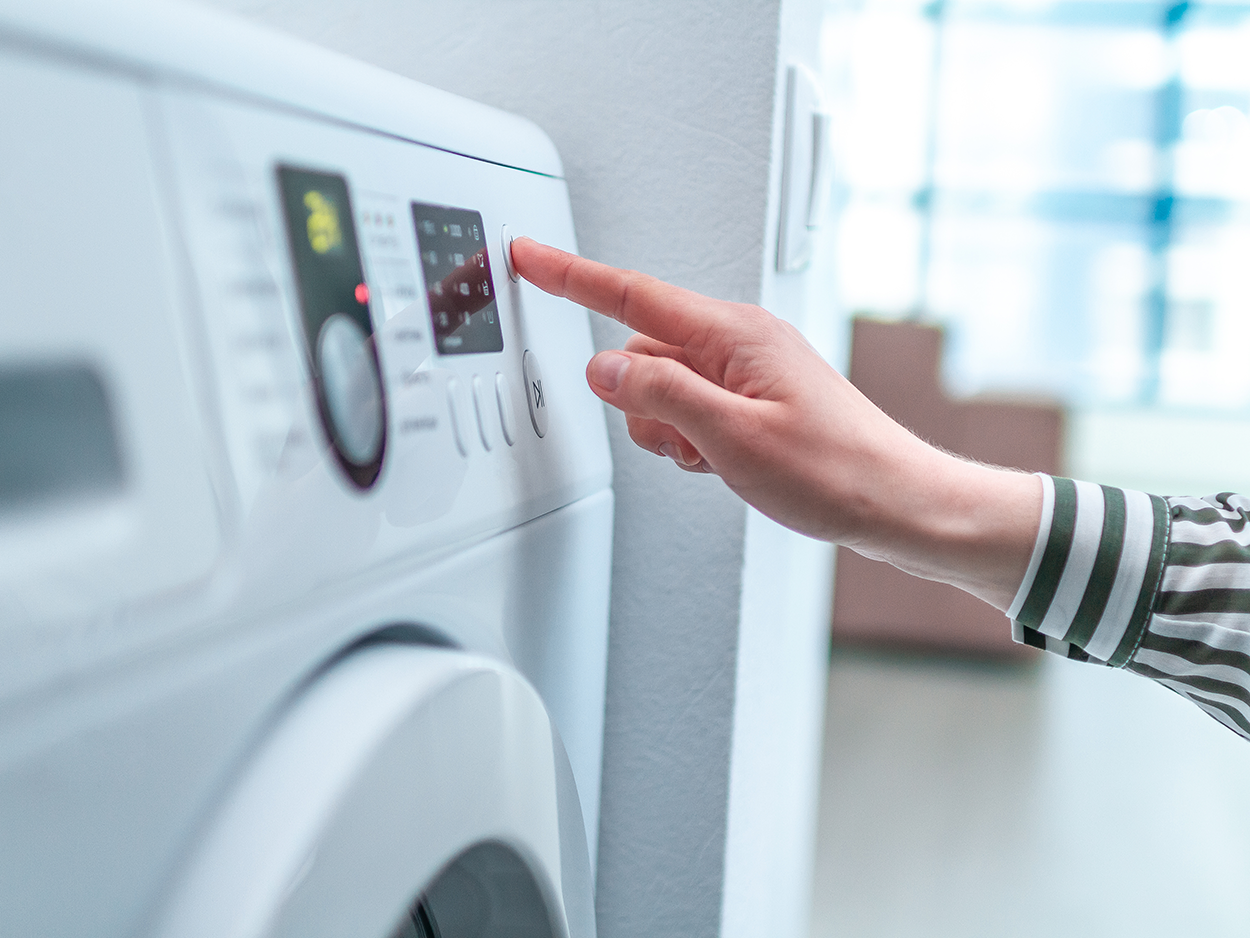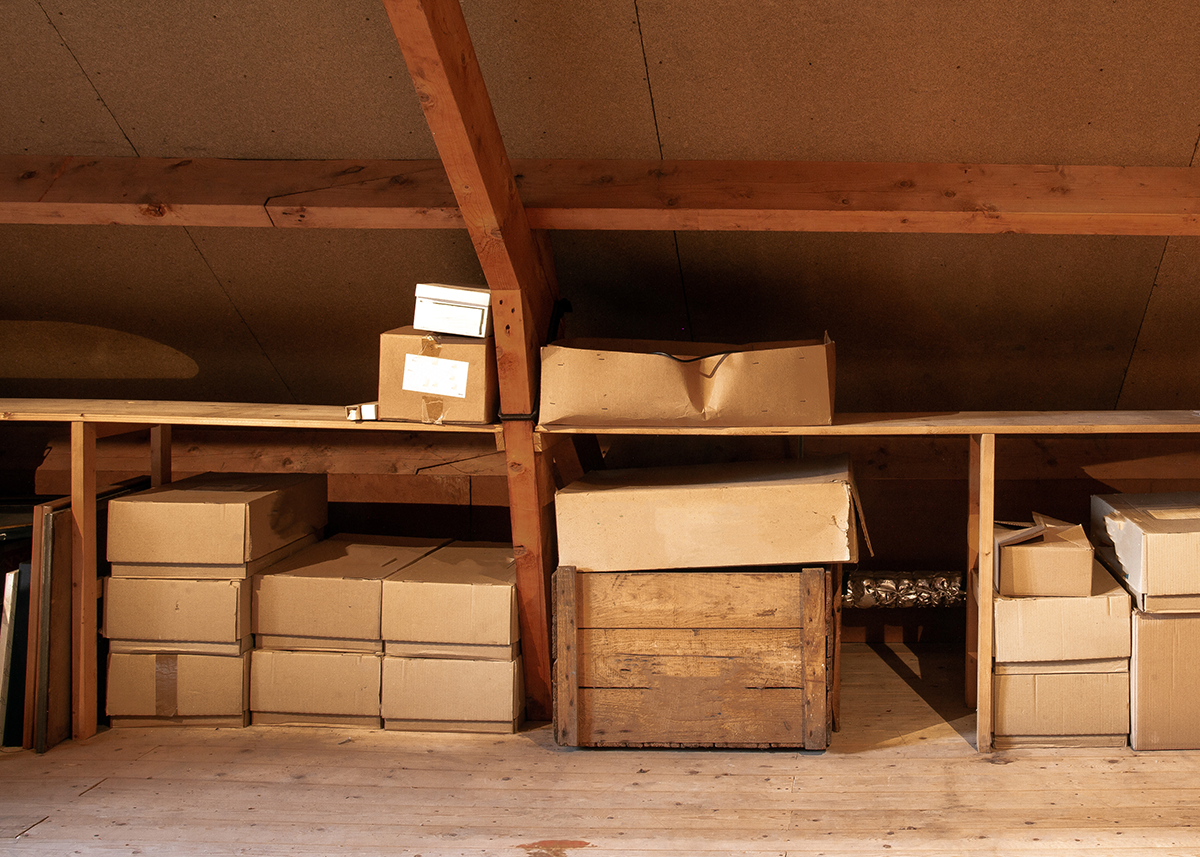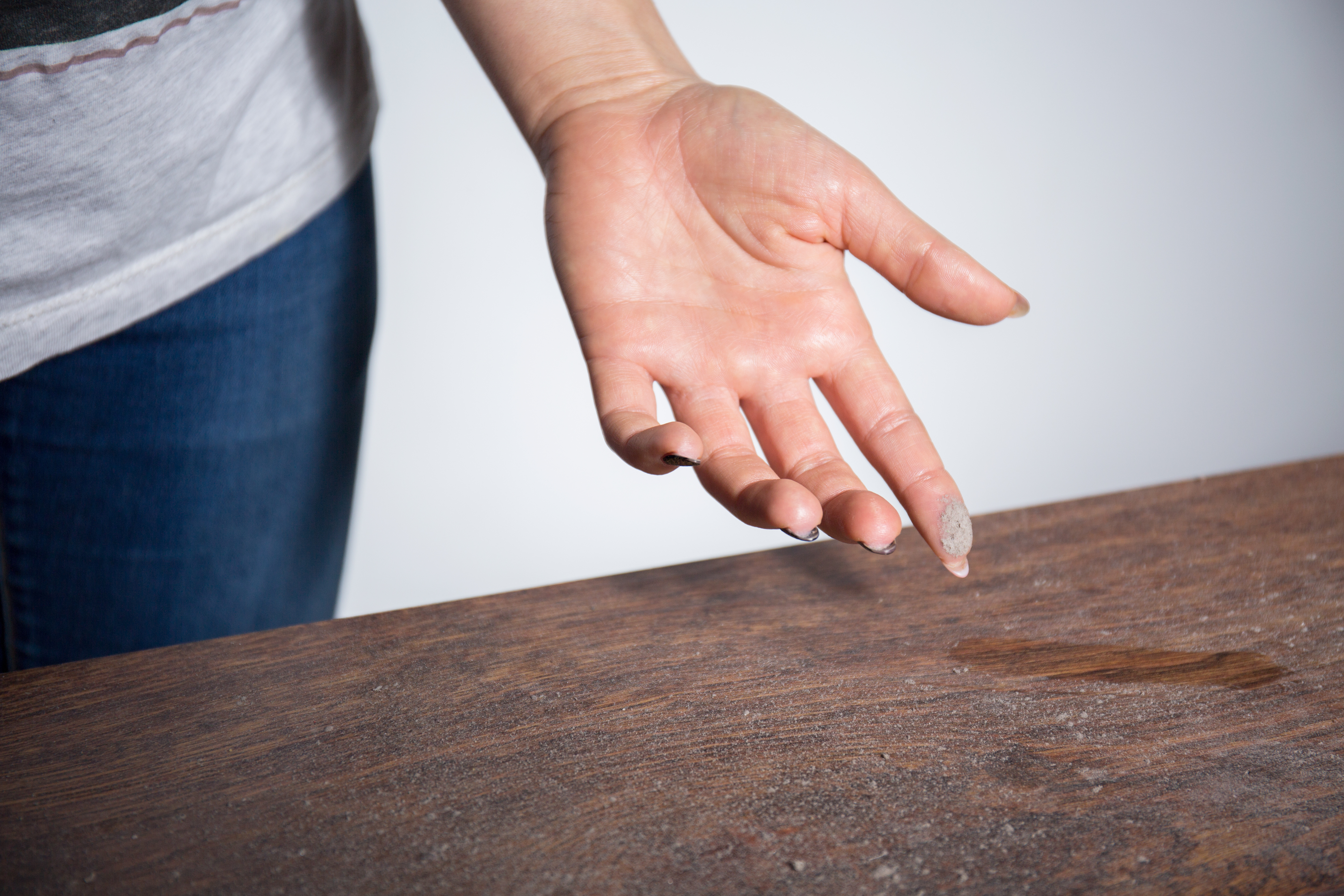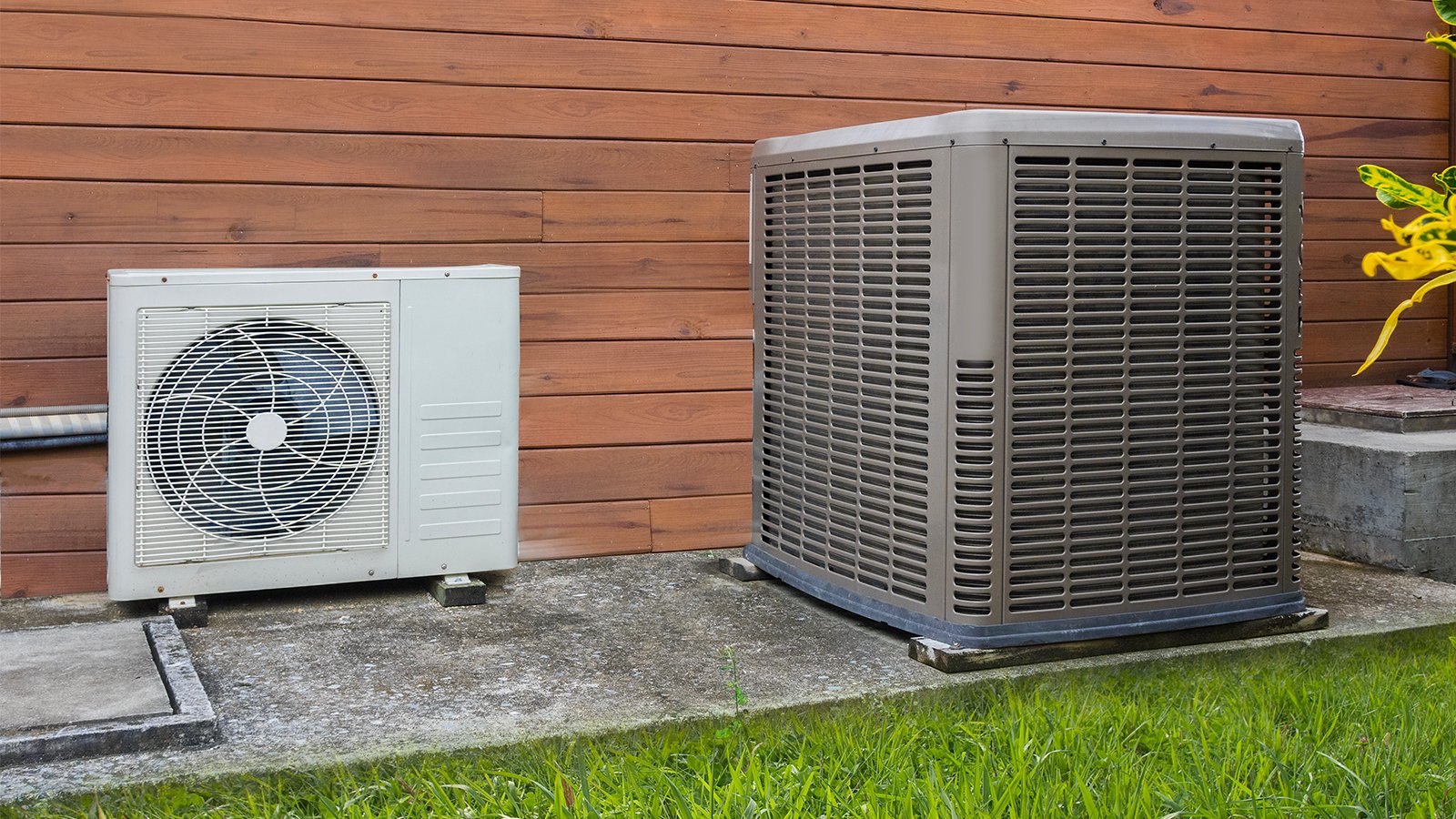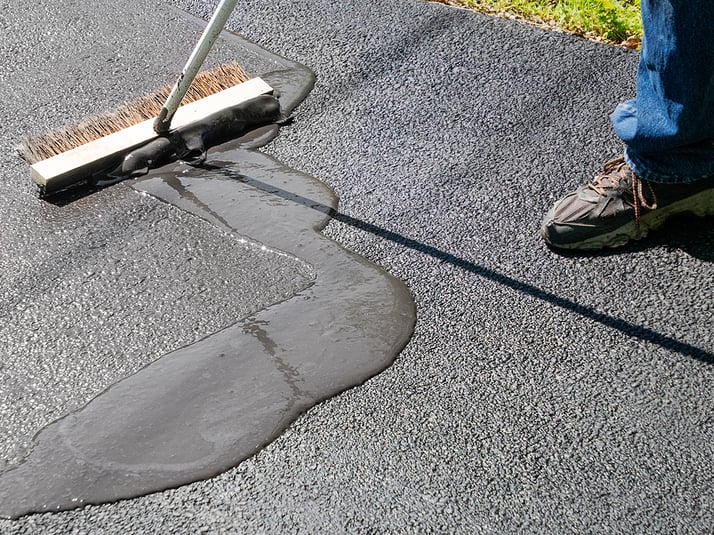
You might not think too much about your driveway until you notice a crack or oil stain, but it is still worth investing some time and energy to take good care of it. While driveways generally need little maintenance, here are 4 tips that will extend its life and save you money in the long run:
1. Keep it Clean
Depending on how much use your driveway receives, it's a good idea to keep the surface relatively clean. Vehicle liquids such as oil and radiator fluid should always be cleaned as soon as you notice it to prevent stains in the asphalt or cement. To remove fresh oil from the driveway surface, use a combination of non-clumping kitty litter and dish detergent to absorb the liquid. For older stains, scrub with a non-wire brush and an eco-friendly cleaning agent. Also, consider purchasing or renting a power washer for monthly cleaning to assist with general discoloration and natural surface build-up of mud and debris.
2. Prevent and Repair Cracks
Cracks inevitably form in driveways over time due to the ground shifting or expanding, but addressing cracks as they occur will save you time and energy in the future. Consider applying a sealant to the driveway surface to prevent water from seeping into the asphalt but other steps you can take are:
-
Keeping trees and shrubs away from the edge of your driveway
-
Ensuring that gutter drains into your yard and not your driveway
-
Creating a small channel along the sides of your driveway to guide water away from the surface and prevent pooling
3. Apply Sealant
One great way to keep your driveway maintained is to apply a sealant. Driveway sealants create a barrier between the elements and the driveway to prevent degradation and extend its life. A good sealant will keep water and other liquids from absorbing while avoiding stains. A sealant will also prevent water from freezing in the asphalt resulting in cracks during the winter months.
4. Avoid Deicing Compounds
Avoid using deicing chemicals on your driveway during the winter as they can cause surface damage including scaling and spalling. This damage occurs between the thawing and refreezing of water as a result from the deicing compound. Additionally, deicing compounds that contain ammonium sulfates will attack the driveway surface, leading to damage over time. Rock salts are less harmful to your driveway, but will damage your lawn and corrode any exposed metal. The safest way to deal with ice during the winter is to use sand or kitty litter.




